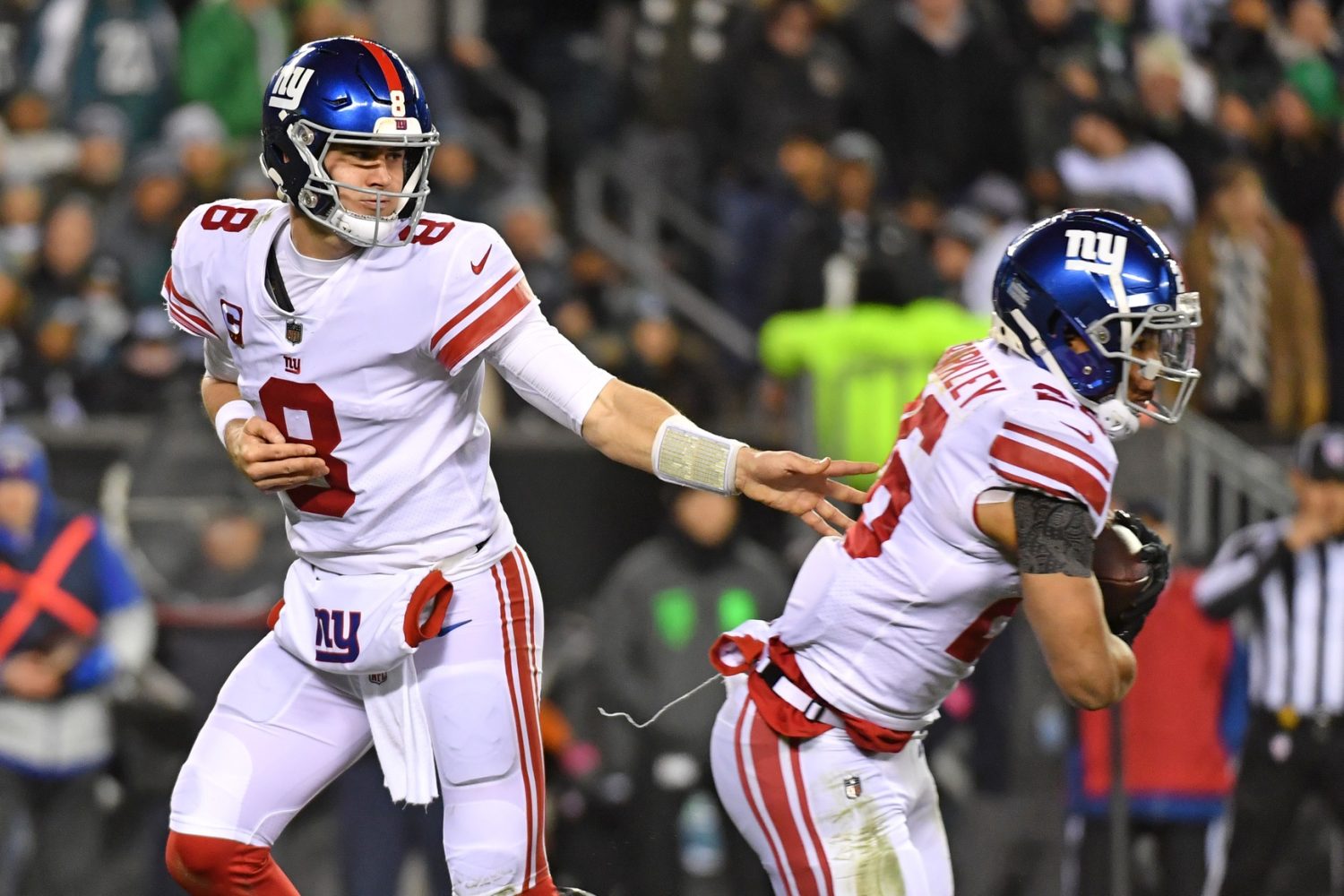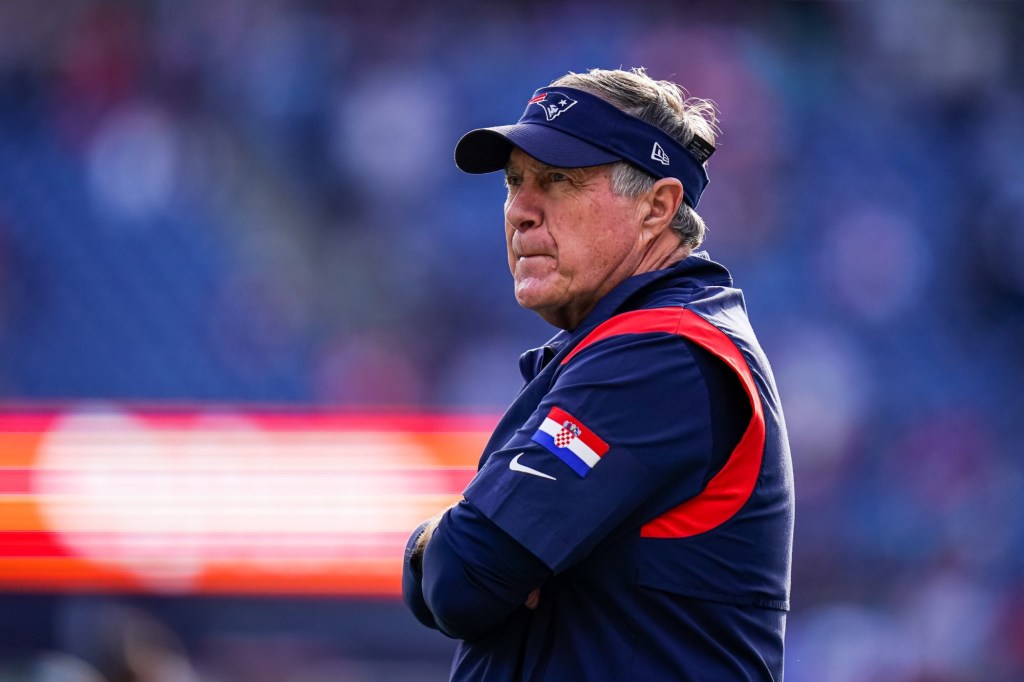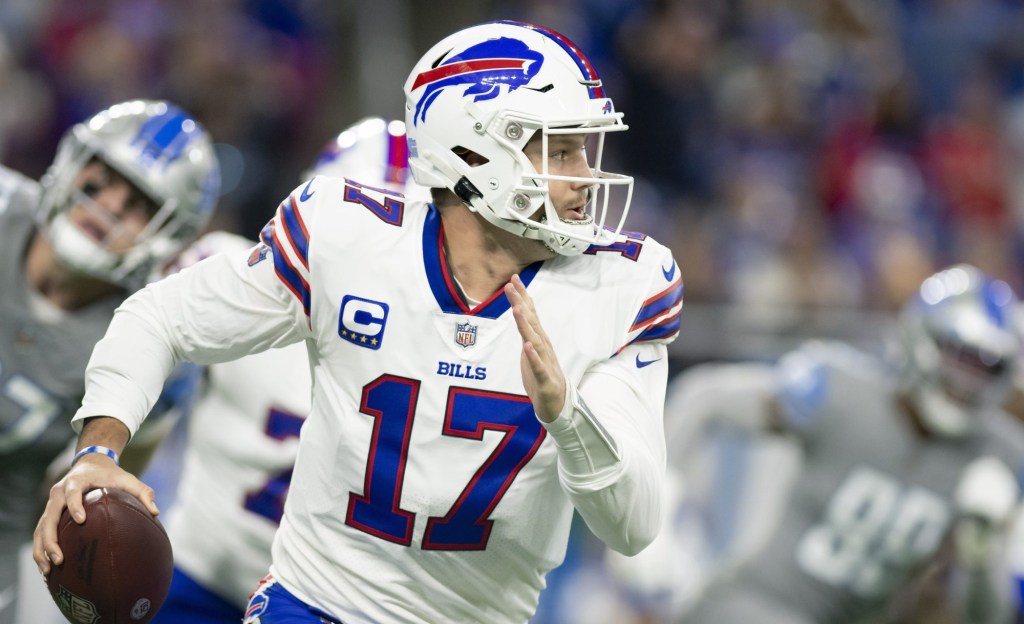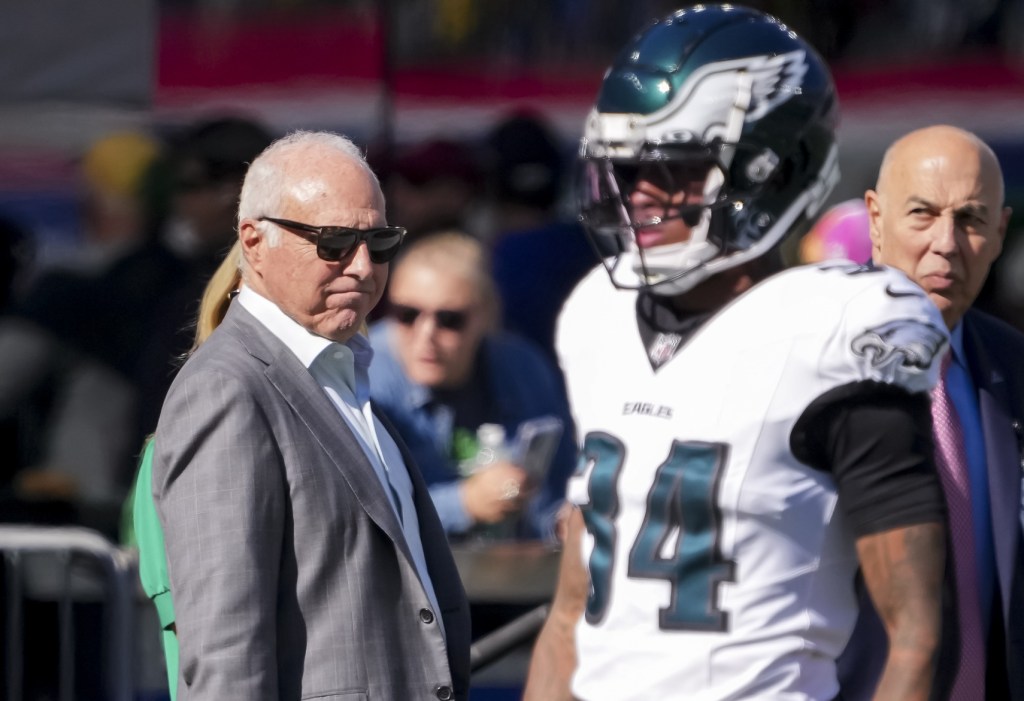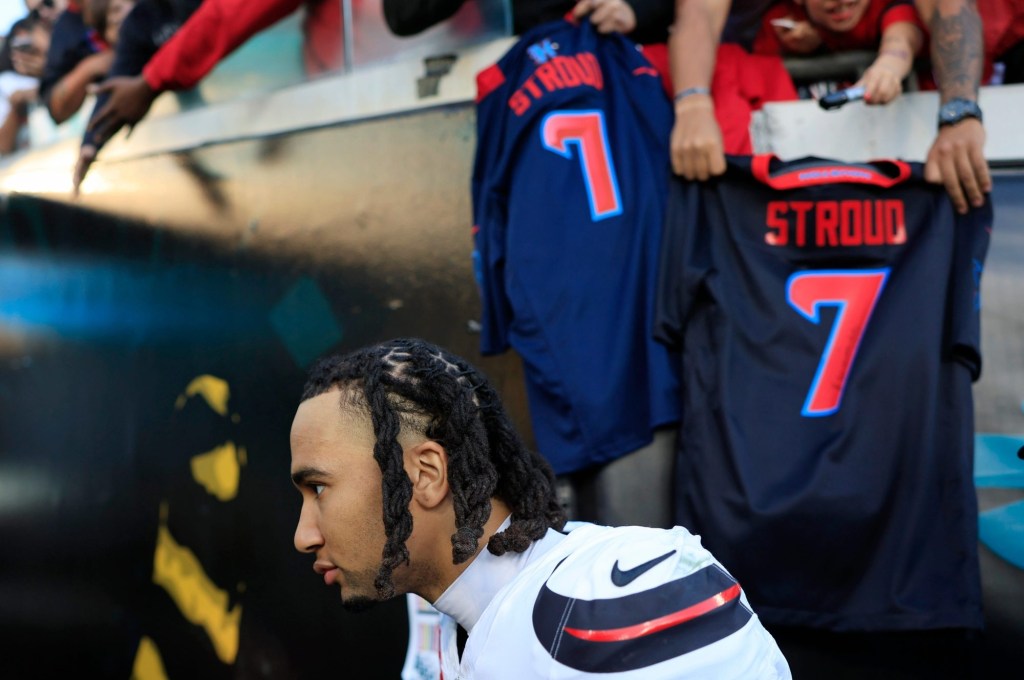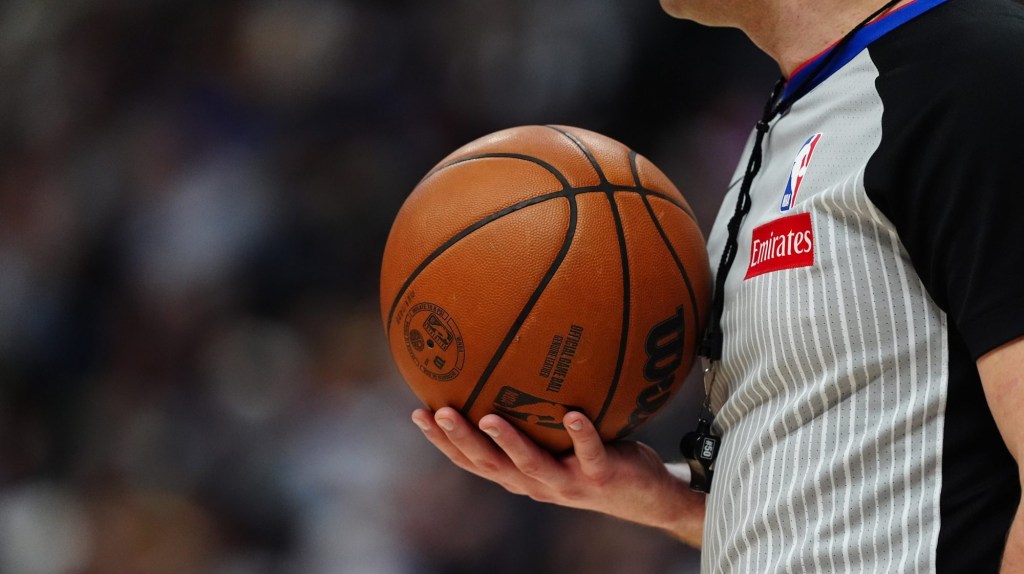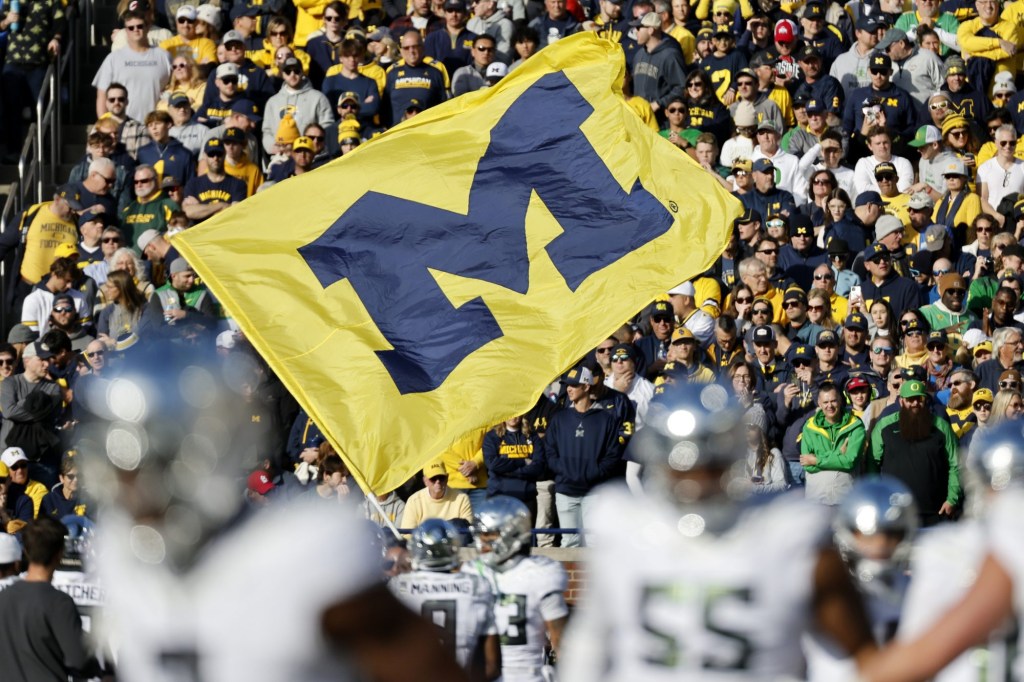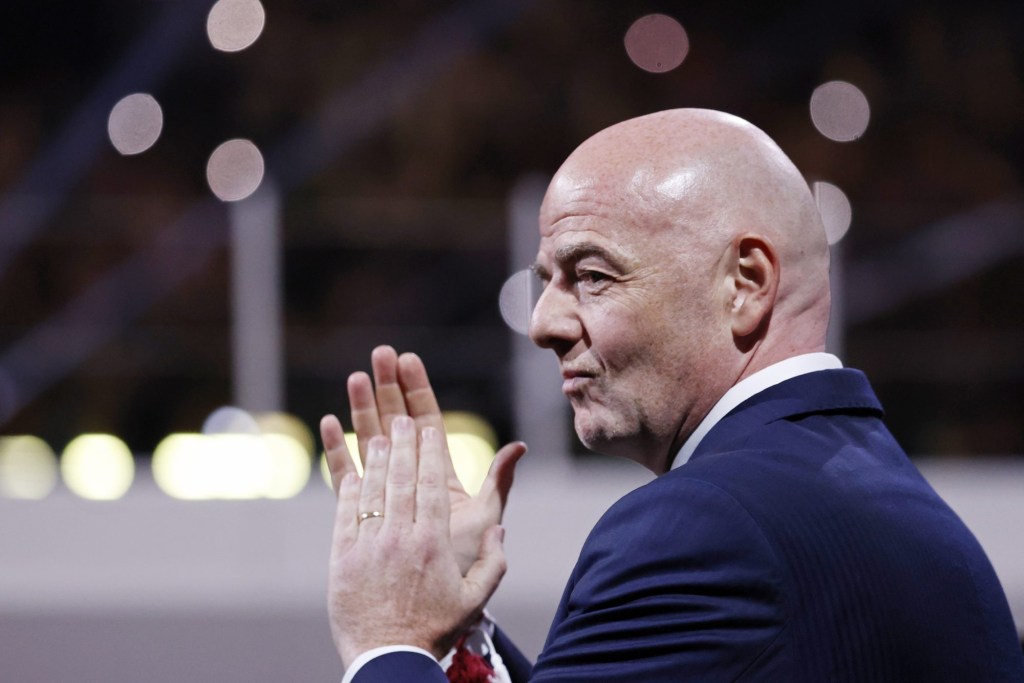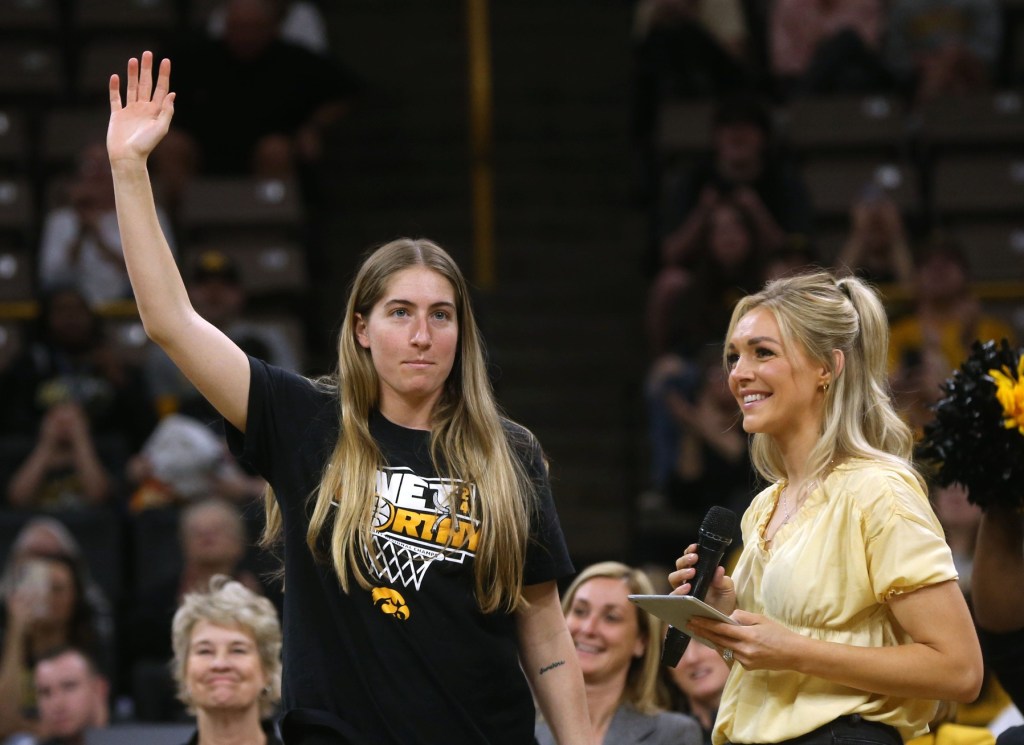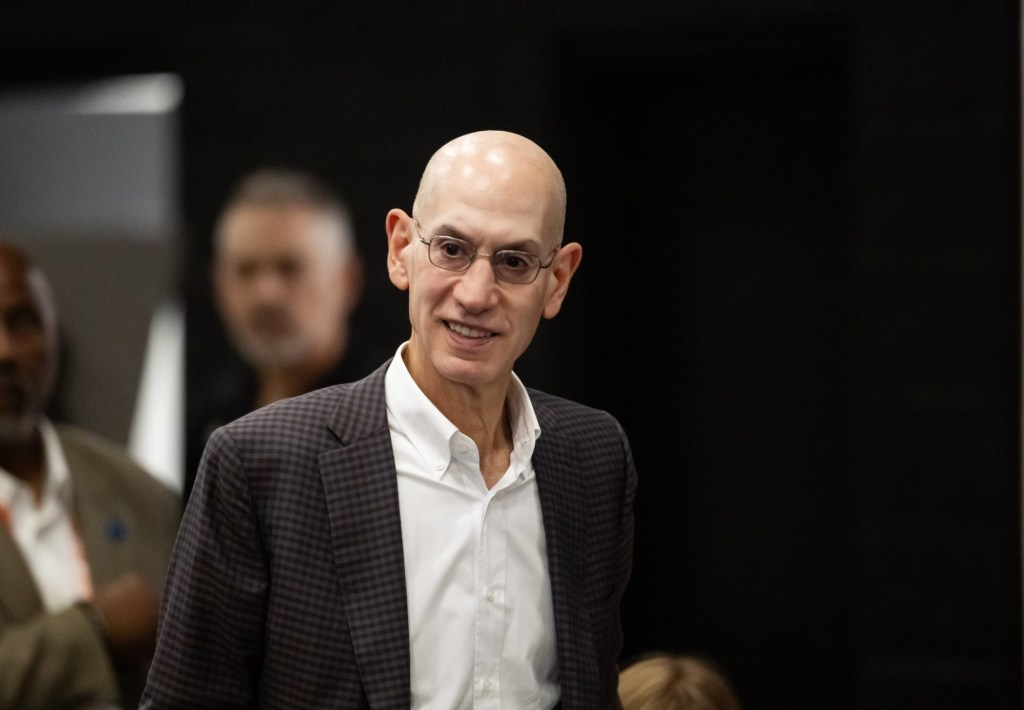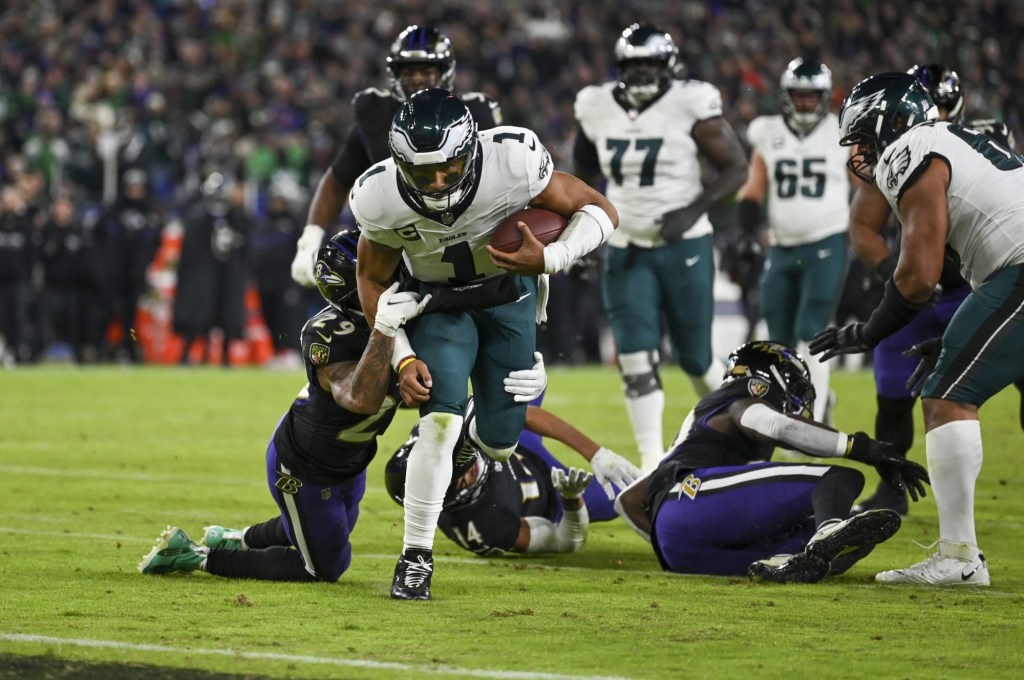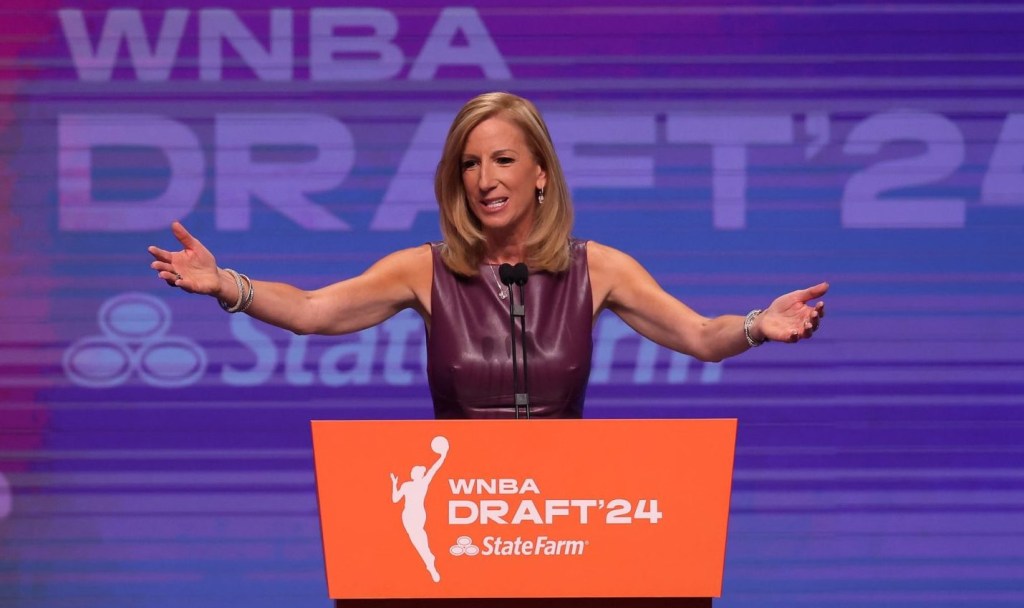The value of an NFL running back has been a hot subject of debate this offseason. ESPN’s Matt Miller thrust himself into the middle of that conversation with just a few words on Twitter:
Been saying it for years:
1. Draft a RB
2. Play the RB…if he's good…
3. Franchise tag the RB ONE TIME
…and then…
1. Draft a RB…
— Matt Miller (@nfldraftscout) July 17, 2023
“If I had the chance to go back in time and add a thread to that tweet, I would have said it’s unfortunate from the human side, because I grew up wanting to be a running back,” Miller said on Front Office Sports Today.
However, he stands by his point: The combination of a passing-friendly league, the NFL’s new collective bargaining agreement, and the supply of great running backs has led to a challenging situation for the position’s top players.
“The economics of the CBA and the economics of draft capital really dictates that quarterbacks are going to get the most money,” Miller elaborated. “Left tackles, wide receivers, pass-rushers, corners, and now interior defensive linemen are going to get [much of] the rest. … You have to find cheap labor somewhere.”
The situation has resulted in multiple high-profile standoffs between running backs and their teams this offseason, with the New York Giants’ Saquon Barkley agreeing to a one-year, $11 million deal after threatening to hold out, the Las Vegas Raiders’ Josh Jacobs holding out, and the Indianapolis Colts’ Jonathan Taylor seeking a trade.
However, teams have found that they can get cheap, high-level running back production from the draft.
“There are just so many good running backs coming out of college at a position where you can have an impact early,” Miller noted. “It’s not like some positions where there’s a ramp-up period, and I think that is hurting the case of the guys like Josh Jacobs and Jonathan Taylor.”
Part of the running back’s role is now being taken by quarterbacks, who are increasingly expected to add yards on the ground.
“You’re not just a passer anymore, you’re a scorer, and being able to do that with your arm and legs is certainly the way the NFL is going,” Miller said.
While running backs have discussed organizing around the issue and even seeking changes to the CBA, Miller believes the NFL has little incentive to set such a precedent.
“What’s to stop offensive guards from saying, ‘Hey, you know what, it’s kind of BS that we’re not getting paid,’ or centers, which a lot of people would tell you is the most underpaid position in football … forming their own union and saying, ‘Hey, there’s only 32 of us who start. We’re underpaid. We want a better deal.”
The league’s current CBA runs through March 2030, a point by which many current players will have retired. That leaves unhappy players with little negotiating power. NFL owners respond by asking for a change to the franchise tag system to come with an 18th game on the regular-season schedule.
“Any concessions that the running backs get is going to come at the cost of every player — not just the running backs,” said Miller.
For more on our daily podcast covering the influence of sports on business and culture, listen and subscribe on Apple, Google, and Spotify. Also, you can follow us on Twitter.
